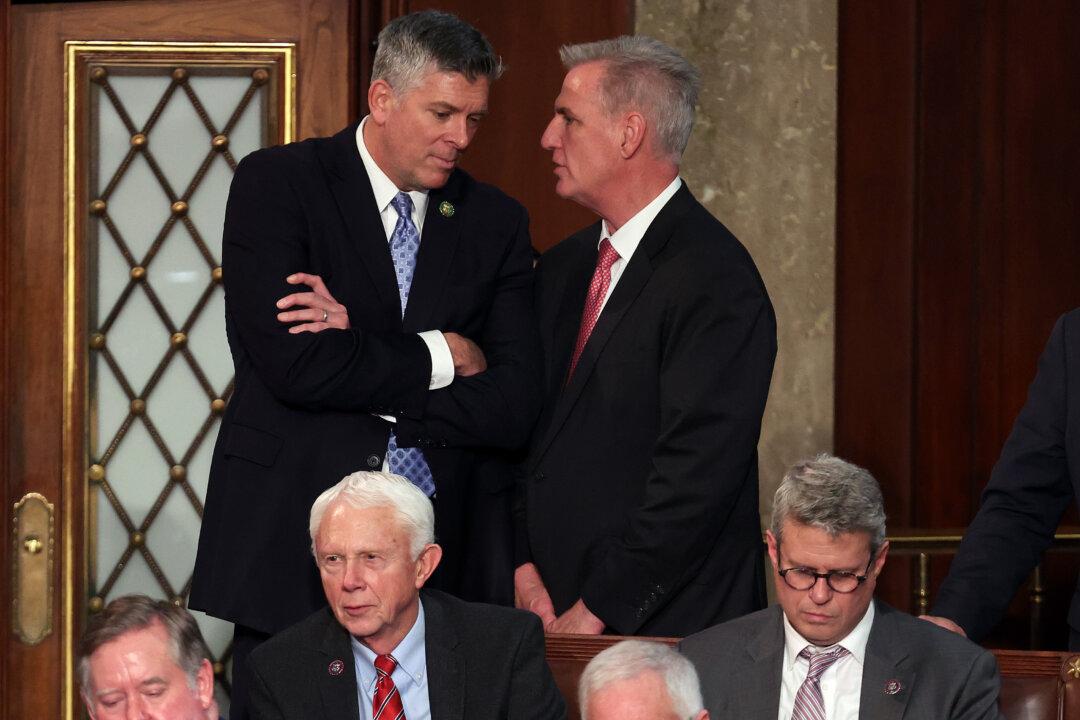Rep. Darin LaHood (R-Ill.) has suggested that he was the subject of an unlawful Foreign Intelligence Surveillance Act (FISA) query.
The lawmaker made the comments on March 9 during a hearing of the House Intelligence Committee on global threats.

Rep. Darin LaHood (R-Ill.) has suggested that he was the subject of an unlawful Foreign Intelligence Surveillance Act (FISA) query.
The lawmaker made the comments on March 9 during a hearing of the House Intelligence Committee on global threats.